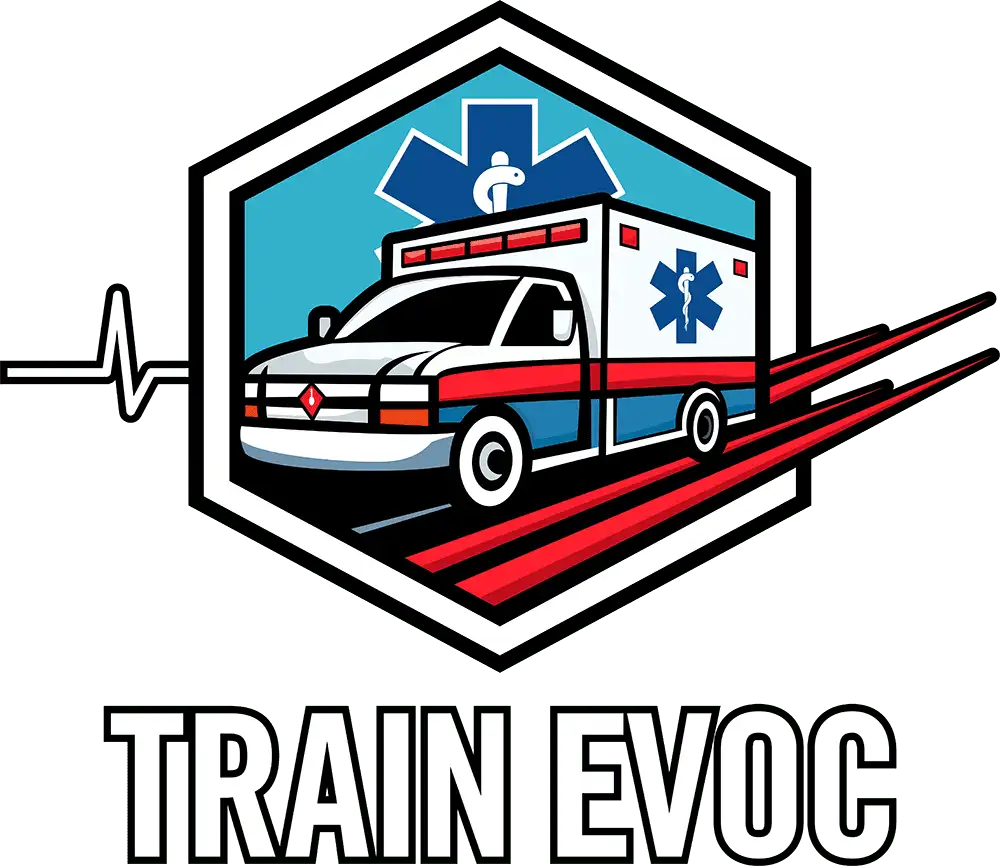EVOC certification isn’t just a one-time milestone—it comes with an expiration date. In Florida and most other states, EVOC certification is valid for four years. To continue legally operating emergency vehicles, first responders must renew their certification before it lapses. But the renewal process can look very different depending on your career path and whether you’re already working in EMS, fire, or law enforcement.
How Long is EVOC Certification Valid?
Most EVOC operator certifications are valid for four years. After that, drivers must renew their credentials by completing refresher training and passing updated exams.
However, the path to renewal depends on whether you are:
- Already employed by a department or agency
- Or still holding a certification from a public program without being hired
Renewal Through Departments and Agencies
For most first responders, renewal isn’t something they need to arrange on their own. Agencies typically provide in-house refresher training on an annual or biannual basis.
- Larger fire, EMS, and law enforcement departments run their own EVOC refreshers.
- Smaller departments may partner with training providers or neighboring agencies.
- These in-house courses usually meet or exceed state standards and keep all personnel compliant.
By handling renewals internally, agencies ensure that every responder stays sharp and current with updated procedures.
Renewal Through Public Programs
If you complete EVOC certification through a public provider (like TrainEVOC or another academy) but aren’t hired before your four-year certification expires, the rules are different.
- You’ll need to retake the full course—both classroom and driving.
- There is no shortcut refresher option for expired public certifications.
- This means going through the same process as your original certification.
For those actively seeking employment, it’s important to stay aware of expiration dates so you don’t lose your certification before landing a position at a department or company.
Why Departments Can’t Ignore Renewals
Renewals aren’t just about paperwork. They are about safety. A responder who drives without up-to-date training is putting themselves, their patient, and the public at risk.
Consider the difference:
- Without refresher training: skills fade, responders forget critical techniques, and the risk of crashes increases.
- With refresher training: responders reinforce defensive driving, adapt to new protocols, and keep lifesaving responses safe and efficient.
Renewals truly can mean the difference between a preventable crash and a successful response that saves lives.
Tips for Staying Certified
- Know Your Expiration Date: Mark it down and set reminders 6–12 months in advance.
- Ask About Reimbursement: Many agencies will cover renewal costs if you’re responsible for completing them through an external provider.
- Don’t Wait Until the Last Minute: Renewal sessions fill up quickly, and expired certifications require starting over.
- Check Employer Policies: Some agencies handle everything in-house, while others outsource to partner providers.
